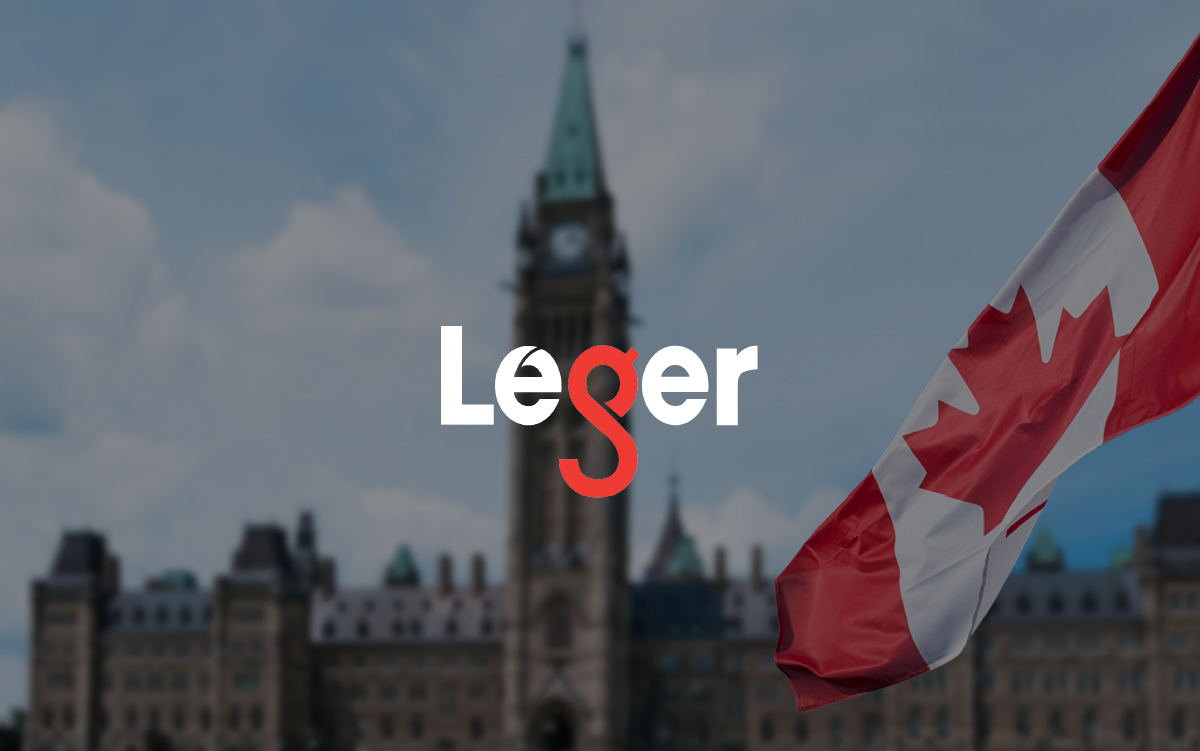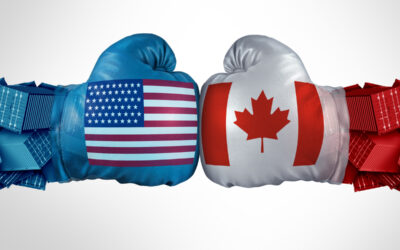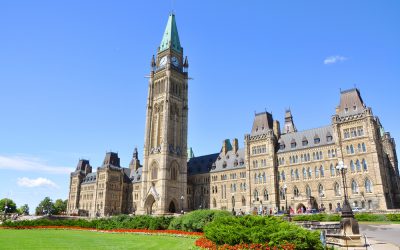Every week during the federal election, we survey Canadians on their federal voting intentions.
Some of the key highlights of our survey about Canadian Politics…
-
As the third week of the election campaign begins, Mark Carney’s Liberal Party remains in the lead in voting intentions. Currently, 44% of Canadians say they would vote for the Liberal Party if the election were held today, compared to 37% for Pierre Poilievre’s Conservative Party. These numbers remain stable compared to the past two weeks.
-
Six Canadians out of ten (61%) say their vote is final, while over a third (37%) remain open to changing their mind. Conservative voters (68%) are more likely to say that their choice is final. Over half of NDP voters (54%) may switch their vote.
-
Regardless of their political affiliations, more than half of Canadians (52%) believe the Liberal Party will win the next election, ahead of Pierre Poilievre’s Conservative Party (27%), Jagmeet Singh’s NDP (2%), Elizabeth May’s Green Party (1%), or Maxime Bernier’s People’s Party (1%). Mark Carney’s Liberal Party has seen a 6-point increase on this question, while Pierre Poilievre’s Conservatives have experienced a 4-point decrease compared to last week.
-
More than one in four Canadians (42%) believe Mark Carney is running the best campaign so far, placing him ahead of Pierre Poilievre, who is seen as leading the strongest campaign by 29%. This represents a 6-point increase compared to last week for Mark Carney.
-
One third of Canadians (34%) would prefer to see Mark Carney win the federal election and form a majority government, while 29% would prefer a majority government led by Pierre Poilievre and the Conservative Party. Smaller proportions would prefer a minority government led by the Liberals (12%) or the Conservatives (5%), and 5% would prefer an alternative scenario for the upcoming election.
-
Over a third of Canadians (36%) believe that Donald Trump is definitely trying to influence who becomes Canada’s next Prime Minister, while an equal proportion (36%) think he maybe is. Only one in five Canadians (20%) do not believe he is trying to influence the election.
Methodology
The results for this wave of research are based on online research conducted from April 4 to April 6, 2025 with a representative sample of 1,631 Canadian adults 18 years of age and older from Leger’s LEO panel.
The data was statistically weighted according to 2021 Canadian Census figures.
A margin of error cannot be associated with a non-probability sample in a panel survey, but for comparison purposes, a probability sample of 1,631 would have a margin of error of +/- 2.43%, 19 times out of 20.




